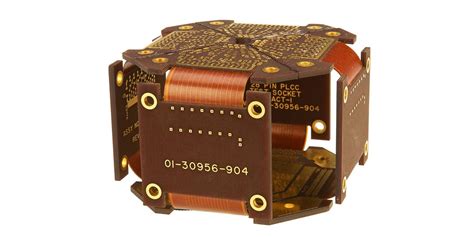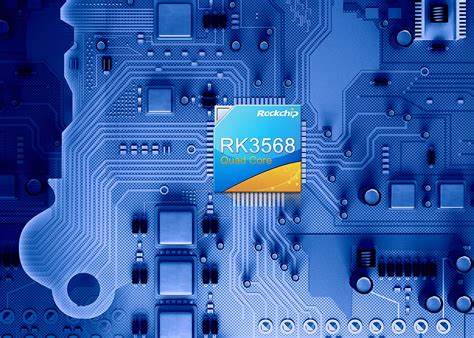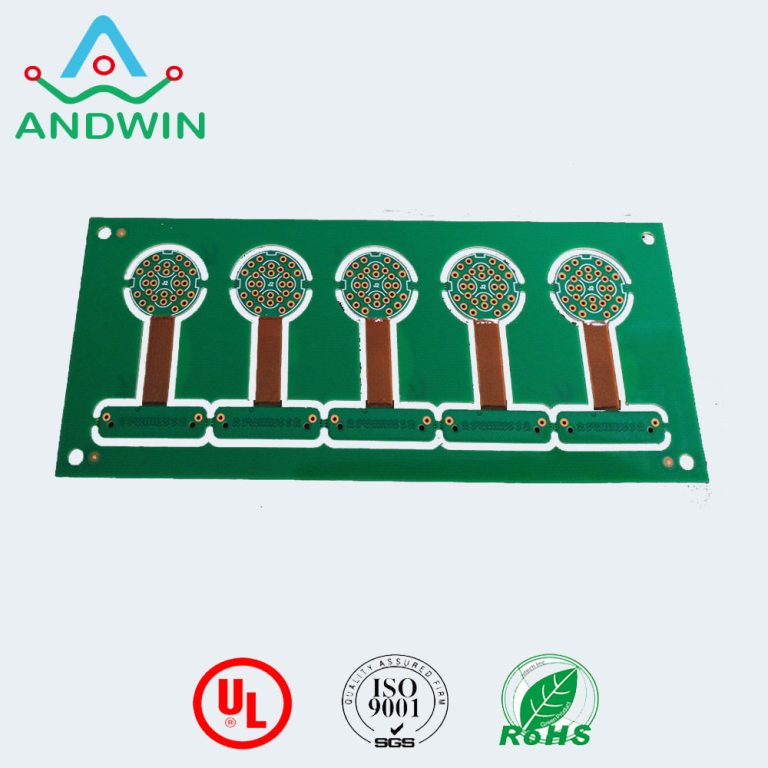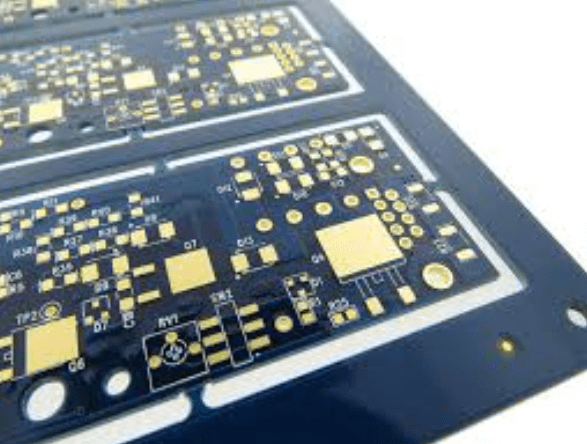Advanced All Flex Circuits for Mission-Critical Engineering Solutions
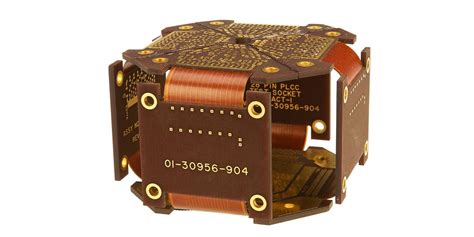
Key Takeaways
When selecting PCB manufacturing companies for mission-critical applications, understanding the balance between PCB manufacturing cost and performance is crucial. High-reliability sectors like aerospace and medical devices demand specialized flexible circuits that withstand extreme conditions while maintaining signal integrity. For instance, rigid-flex designs in defense systems require precise thermal management—a capability refined through decades of PCB manufacturing business expertise.
"Partnering with an ISO/AS-certified manufacturer ensures your flex circuits meet stringent quality benchmarks, especially for applications where failure isn’t an option."
Here’s a quick comparison of critical factors in PCB manufacturing:
| Factor | Standard PCBs | Mission-Critical Flex Circuits |
|---|---|---|
| Material Tolerance | ±10% | ±2% |
| Operating Temperature | -20°C to 105°C | -55°C to 200°C |
| Certification | Basic IPC | ISO 13485, AS9100D |
Integrating flexible heaters into circuits for harsh environments? Prioritize suppliers with proven experience in thermal-electrical co-design. For telecom or medical devices, customizable rigid-flex solutions enable compact, lightweight architectures without compromising durability. Always verify whether your PCB manufacturing partner offers end-to-end prototyping and scalability—key for reducing time-to-market in regulated industries.
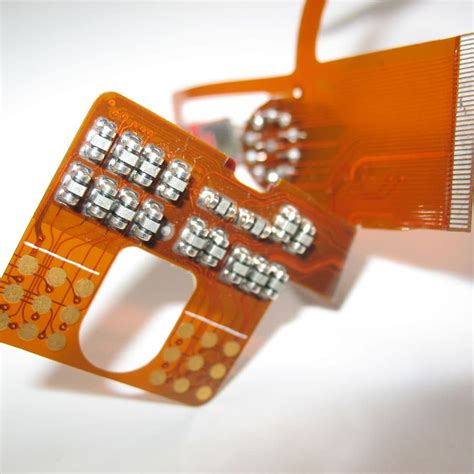
Aerospace Flex Circuit Engineering Solutions
When designing mission-critical aerospace systems, you need flex circuits that withstand extreme temperatures, radiation, and mechanical stress. PCB manufacturing companies specializing in aerospace-grade solutions prioritize materials like polyimide and liquid crystal polymer (LCP), which offer unmatched durability in high-altitude or space environments. These circuits must balance lightweight design with signal integrity, ensuring reliable performance in flight controls, satellite communications, and navigation systems.
A key challenge in PCB manufacturing cost optimization for aerospace lies in balancing advanced material investments with rigorous testing protocols. For example, thermal cycling tests and vibration simulations are non-negotiable to meet FAA and MIL-STD specifications. Partnering with PCB manufacturing experts who understand these demands ensures your designs adhere to zero-defect standards while minimizing production delays.
In this sector, PCB manufacturing business models often focus on low-volume, high-reliability production. Custom rigid-flex configurations enable compact packaging for avionics, reducing wiring complexity and weight—a critical factor in fuel efficiency. By integrating embedded sensors or flexible heaters, these circuits can actively monitor and adapt to harsh operational conditions, extending the lifespan of aerospace electronics.
Transitioning to defense or medical applications requires similar precision, but aerospace uniquely demands solutions that perform flawlessly under simultaneous mechanical and environmental stressors. This makes collaboration with certified PCB manufacturing partners essential for achieving compliance and innovation in equal measure.

Medical Device Flex Circuit Innovations
In mission-critical medical applications, reliability isn’t optional—it’s life-sustaining. Modern devices like implantable monitors and portable diagnostic tools demand flex circuits that withstand repeated sterilization, body fluids, and mechanical stress. Partnering with experienced PCB manufacturing companies ensures designs meet stringent biocompatibility standards while managing PCB manufacturing cost without compromising traceability or quality.
Advanced PCB manufacturing techniques enable micron-level precision for circuits that fit into catheters or neural probes, integrating sensors and ultra-thin conductive layers. Innovations like flexible heaters embedded within circuits maintain optimal temperatures in drug delivery systems, even in extreme environmental conditions. Understanding the PCB manufacturing business ecosystem helps you navigate material selection, such as polyimide substrates resistant to chemical exposure, and compliance with ISO 13485 protocols.
This focus on tailored solutions bridges medical engineering challenges with production realities, ensuring devices perform flawlessly when lives depend on them.
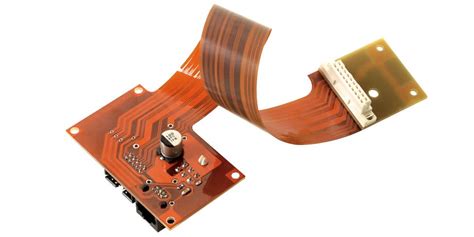
Defense-Grade Rigid-Flex Circuit Designs
When designing electronics for high-stakes defense systems, you need circuits that withstand extreme conditions while maintaining precision. Defense-grade rigid-flex circuit designs merge the durability of rigid boards with the adaptability of flexible substrates, ensuring reliability in environments exposed to vibration, shock, or temperature fluctuations. Unlike standard PCB manufacturing, these circuits demand specialized materials like polyimide films and advanced adhesives to meet MIL-SPEC standards.
Top-tier PCB manufacturing companies prioritize traceability and testing protocols for defense applications, where even minor flaws can compromise mission integrity. For instance, impedance control and signal integrity validation become critical when circuits operate in electromagnetic interference (EMI)-heavy zones. Balancing PCB manufacturing cost with performance requires expertise—optimizing layer counts, material selection, and testing phases without sacrificing ruggedness.
In the PCB manufacturing business, defense projects often involve low-volume, high-complexity builds. Here, rigid-flex designs excel by reducing connector points, minimizing failure risks in field-deployed systems. Whether for encrypted communication devices or unmanned aerial vehicles, integrating thermal management solutions directly into the circuit architecture ensures long-term operational stability. By partnering with certified manufacturers, you secure not just compliance but a strategic edge in mission-critical innovation.
ISO/AS Certified Flex Circuit Manufacturing
When selecting PCB manufacturing companies for mission-critical applications, certifications like ISO and AS9100D serve as non-negotiable benchmarks. These standards ensure that every step—from material sourcing to final inspection—meets rigorous quality controls, especially vital for industries like aerospace and medical devices where failure isn’t an option. Design validation and thermal cycling tests become critical here, ensuring flex circuits withstand extreme temperatures, vibrations, and chemical exposures.
For businesses balancing PCB manufacturing cost with reliability, certified providers optimize processes to minimize waste while maintaining traceability. Advanced techniques like laser drilling or automated optical inspection (AOI) reduce human error, directly impacting long-term operational efficiency. This becomes particularly important when integrating flexible heaters or high-density interconnects, where precision defines performance.
In the PCB manufacturing business, scalability and compliance go hand in hand. Certifications not only validate technical expertise but also signal adherence to ethical and environmental regulations—a growing priority across sectors. By partnering with ISO/AS-certified manufacturers, you gain access to supply chain transparency and risk-mitigated production, factors that ultimately protect your investment in mission-critical electronics.
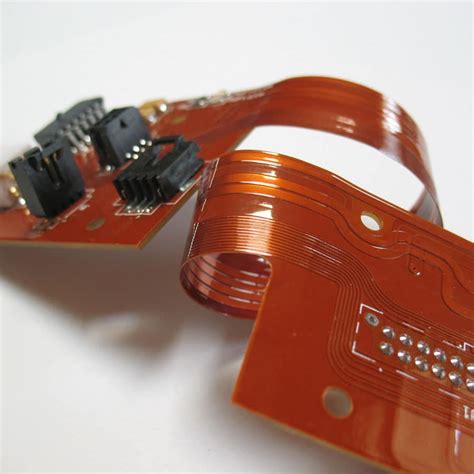
Mission-Critical Electronics Customization
When designing mission-critical electronics, customization isn’t just a preference—it’s a necessity. Whether you’re developing systems for aerospace navigation or life-saving medical devices, your components must align precisely with operational demands. This is where partnering with specialized PCB manufacturing companies becomes pivotal. Unlike generic solutions, tailored rigid-flex circuits ensure seamless integration with complex geometries, thermal management requirements, and signal integrity standards unique to high-stakes environments.
Balancing PCB manufacturing cost with performance requires expertise. Advanced techniques like laser drilling and multilayer stacking allow for miniaturization without compromising durability—critical for applications exposed to extreme temperatures or vibrations. For instance, integrating flexible heaters directly into circuits enables precise thermal control in harsh conditions, a feature often vital in defense or deep-space systems.
Your choice of a PCB manufacturing business should prioritize certifications like ISO/AS, ensuring adherence to rigorous quality protocols. Customization also extends to material selection, where polyimide substrates or conductive adhesives might be specified to meet flame-retardant or biocompatibility standards. By aligning with engineers who understand mission-critical timelines and regulatory landscapes, you gain not just components, but solutions engineered to perform when failure isn’t an option.
Flexible Heater Integration for Harsh Environments
When operating in extreme conditions—from sub-zero aerospace environments to high-temperature medical sterilization processes—flexible heater integration becomes critical for maintaining system reliability. Modern pcb manufacturing techniques enable the seamless embedding of thin-film heating elements within dynamic flex circuits, ensuring uniform heat distribution without compromising mechanical flexibility. Leading pcb manufacturing companies prioritize material selection, using polyimide or silicone substrates that withstand thermal cycling and chemical exposure, while advanced etching processes minimize pcb manufacturing cost through precision and scalability.
For mission-critical applications, such as de-icing aircraft components or maintaining sterile medical equipment, thermal management must align with strict performance thresholds. By leveraging rigid-flex circuit designs, engineers achieve optimal heat transfer efficiency in compact spaces, reducing the risk of hot spots. This integration also simplifies assembly, lowering long-term pcb manufacturing business expenses by eliminating secondary heating components.
Transitioning from design to production, certified pcb manufacturing partners validate heater performance through rigorous environmental testing, ensuring compliance with aerospace (AS9100) and medical (ISO 13485) standards. Whether you’re retrofitting legacy systems or developing next-gen devices, the synergy between flexible heater technology and advanced circuit fabrication ensures operational resilience where failure isn’t an option.
All Flex’s 45 Years in Circuit Engineering
For over four decades, All Flex has refined its expertise in PCB manufacturing, becoming a trusted partner for industries where failure is not an option. Since 1977, their engineers have navigated the evolving demands of mission-critical applications, balancing PCB manufacturing cost with uncompromising reliability. When you work with leading PCB manufacturing companies like All Flex, you gain access to a vertically integrated supply chain that streamlines production while maintaining stringent quality controls—critical for aerospace, medical, and defense projects.
Their PCB manufacturing business thrives on solving challenges unique to high-stakes environments. By integrating advanced material science and precision fabrication techniques, they deliver circuits that withstand extreme temperatures, vibrations, and corrosive conditions. This focus on durability directly addresses the cost-performance paradox in PCB manufacturing, ensuring that long-term reliability outweighs upfront expenses.
With ISO/AS certifications underpinning every step, All Flex’s legacy isn’t just about longevity—it’s about continuous innovation. From optimizing PCB manufacturing cost through lean processes to pioneering rigid-flex designs for compact devices, their 45-year journey reflects a commitment to adapting to technological shifts without compromising on the exacting standards their clients depend on.
Telecom Sector Flex Circuit Applications
As telecom infrastructure evolves to support 5G, IoT, and next-gen networks, pcb manufacturing must address unique challenges: high-frequency signal integrity, space constraints, and reliability in dynamic environments. Mission-critical telecom systems rely on all flex circuits to enable compact, lightweight designs that withstand vibration, temperature fluctuations, and prolonged operational cycles. Leading pcb manufacturing companies optimize layer stacking and material selection to balance pcb manufacturing cost with performance, ensuring seamless integration into base stations, satellite modules, and fiber-optic routing systems.
For telecom operators, rigid-flex hybrids reduce interconnection points, minimizing signal loss while enhancing durability in outdoor or high-traffic installations. Advanced thermal management features, such as embedded copper layers, prevent overheating in densely packed RF amplifiers. As networks expand globally, scalable pcb manufacturing business models become vital, allowing rapid prototyping and volume production without compromising MIL-spec or ISO/AS-certified standards. By aligning flex circuit innovation with telecom’s ultra-low-latency demands, engineers future-proof infrastructure for emerging technologies like edge computing and AI-driven network optimization.

Conclusion
When selecting partners for PCB manufacturing, you need entities that balance technical precision with operational reliability. Mission-critical applications demand more than off-the-shelf solutions—they require PCB manufacturing companies capable of tailoring designs to withstand extreme conditions while optimizing PCB manufacturing cost without compromising quality. This becomes especially vital in sectors like aerospace or medical devices, where failure isn’t an option.
The right PCB manufacturing business doesn’t just deliver circuits—it engineers systems that integrate seamlessly with advanced technologies, from flexible heaters to rigid-flex hybrids. By prioritizing certifications like ISO/AS and leveraging decades of expertise, you ensure traceability and compliance alongside innovation. Whether you’re scaling production or refining prototypes, aligning with specialists who understand harsh-environment durability and high-density interconnects can redefine your project’s success.
In the end, your choice shapes not just product performance but long-term operational resilience—a decision where technical rigor meets strategic foresight.
Frequently Asked Questions
How do advanced flex circuits integrate with PCB manufacturing processes?
Advanced flex circuits require specialized PCB manufacturing companies to handle their unique material properties. Precision in etching and layering ensures reliability in aerospace or medical devices, where mission-critical performance is non-negotiable.
What factors influence PCB manufacturing cost for rigid-flex designs?
Costs depend on material selection (e.g., polyimide for heat resistance), layer count, and certification requirements like ISO/AS. High-volume production often reduces per-unit PCB manufacturing cost, but low-volume custom projects prioritize quality over economies of scale.
Why partner with a PCB manufacturing business experienced in defense applications?
Defense-grade circuits demand traceability, shock resistance, and compliance with MIL-spec standards. Established manufacturers like All Flex validate designs through rigorous testing, ensuring seamless integration into harsh environments like military communication systems.
Can flexible heaters be embedded during PCB manufacturing?
Yes, thermally conductive layers are laminated into the circuit to create flexible heaters. This is critical for medical devices requiring precise temperature control or aerospace systems operating in extreme cold.
Ready to Optimize Your Mission-Critical Designs?
For tailored solutions in PCB manufacturing, please click here to explore how industry-leading expertise can elevate your engineering projects.

